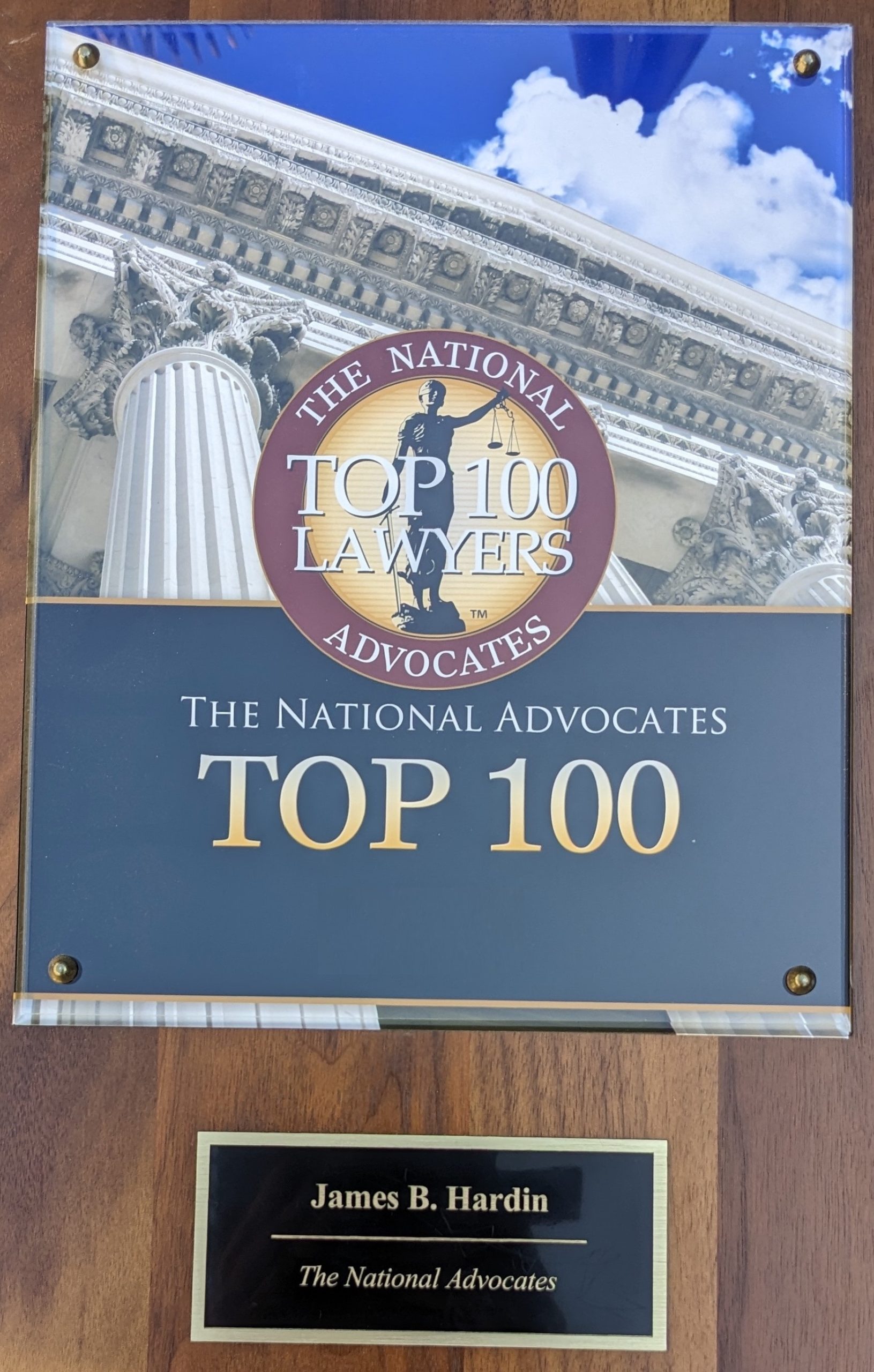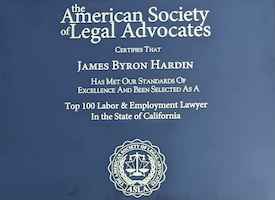Reasonable Accommodation and the Interactive Process
Living with a disability in a world that so often does not reasonably accommodate those that need it, can feel incredibly disheartening. Fortunately, there are laws in place that create protections for American workers with disabilities.
The protections afforded by both federal and state laws ensure equal opportunity for those with disabilities by creating guidelines within the workplace that focus on reasonable accommodation. As a worker in the state of California with a disability, it is important that you understand what your employer’s responsibilities are with respect to reasonable accommodation and the interactive process.
What is Reasonable Accommodation?
The Americans with Disabilities Act (ADA) is a civil rights initiative that was signed into law in the 1990s, it outlaws discrimination against people with disabilities in situations such as the workplace, transportation, schools, and in the public and private sphere. Title I of the ADA is responsible for most of the protections set forth for individuals with disabilities in the workplace. An important protection afforded by the ADA is reasonable accommodation, which focuses on holding employers accountable to provide modifications for employees or applicants with disabilities concerning the actual job or the physical environment of the workplace.
If your job performance is hindered due to your working environment, there are remedies that you can seek from your employer. Your company should always explore reasonable accommodation for employees with disabilities. In order for this to occur, a supervisor needs to be notified that there is a need for an accommodation. This is where the interactive process begins.
What is the Interactive Process?
As an employee, requesting a reasonable accommodation begins the conversation which is known as the interactive process. This can start in many ways and the discussion lengths can vary. However, if the accommodation request is easily discernable and the solution is obvious then this process could be resolved a lot quicker.
When it comes to beginning of the interactive process, an employee has many options to request an accommodation. It can occur formally in writing, casually in conversation, or brought to the attention of a supervisor verbally. Although it is not required by the ADA to submit a formal request, it is a good practice to keep things in writing so that both you and your supervisor have a traceable point of reference.
Once the accommodation request is submitted, your employer should work with you to understand what barriers you face in your day to day when trying to perform your essential job responsibilities. Once this evaluation begins, the employer should begin isolating specific issues and identifying potential solutions that could help mitigate the barrier brought forth by the employee.
Once the potential solutions are identified, the employer will evaluate whether or not this creates an undue hardship for the company. The key guideline that should be followed during due process is cooperation on behalf of the company. It is crucial that they demonstrate good faith in determining the best outcome to ensure equal opportunity for all of their employees.
If you feel as though your company has not practice reasonable accommodation or the interactive process in good faith, contact our team to learn the legal remedies available to you.





















